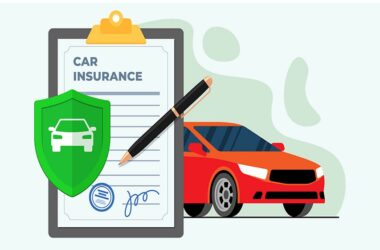We all want to find the cheapest car insurance on the market, especially if we are likely to face increased premiums because of our age or driving history. Unfortunately, there are dangers out there that must be avoided at all costs. Prime amongst these is the emergence of the ghost brokers who leave thousands of drivers without cover and cost the insurance industry millions of pounds every year.
Competitive
The car insurance market is competitive and most people are savvy enough to search for the best deal available. Unfortunately, purchasers can fall foul of criminals selling the worthless cover.Ghost broking normally takes place using one of two scams. Firstly, posing as a legal broker, they will change the driver’s details when applying to a legitimate insurer to get a cheaper premium. This can include altering your age, profession, driving and claims record. Any policy issued will be worthless, as it will have been obtained through fraudulent means. This could lead to prosecution.
Alternatively, the pretend broker may simply provide false documentation that appears at first sight to be a legitimate policy.
Motor industry
By checking with the insurance company quoted, you could confirm whether it has copies of your policy; alternatively, you might check the named underwriter to make sure you recognise it.
Read more: Jeff Breault – An Insight into The Professional World of Car Racing
A better starting point is to check out your broker by contacting the British Insurance Brokers Association to ensure it is registered with this body.
In addition to individual car owners, companies working in the motor industry can be at risk. If you are searching for motor trade insurance, it is essential that you find a legitimate company by using a broker such as
A rule of thumb in the financial world is ‘if it is too good to be true, avoid it’. This also applies to the insurance sector.
There are simple checks to make if you are concerned; for example, a ghost broker may guarantee to undercut any policy by a significant amount. You may be dealing with someone on a mobile number rather than a fixed telephone landline. They may say that the deal is only available if you can pay in cash or make an immediate online transfer.
Make the obvious checks outlined above before agreeing to any policy to avoid pitfalls.




